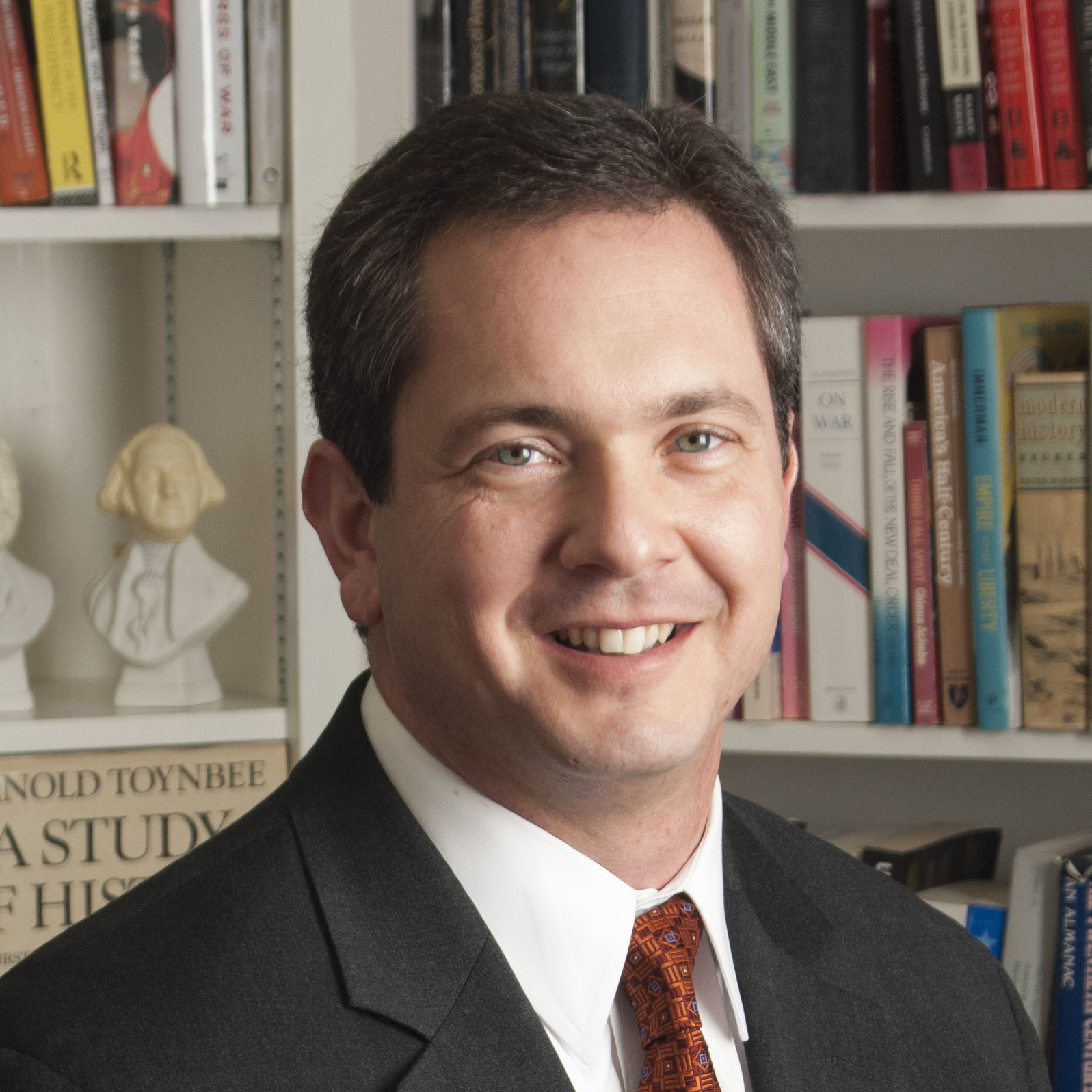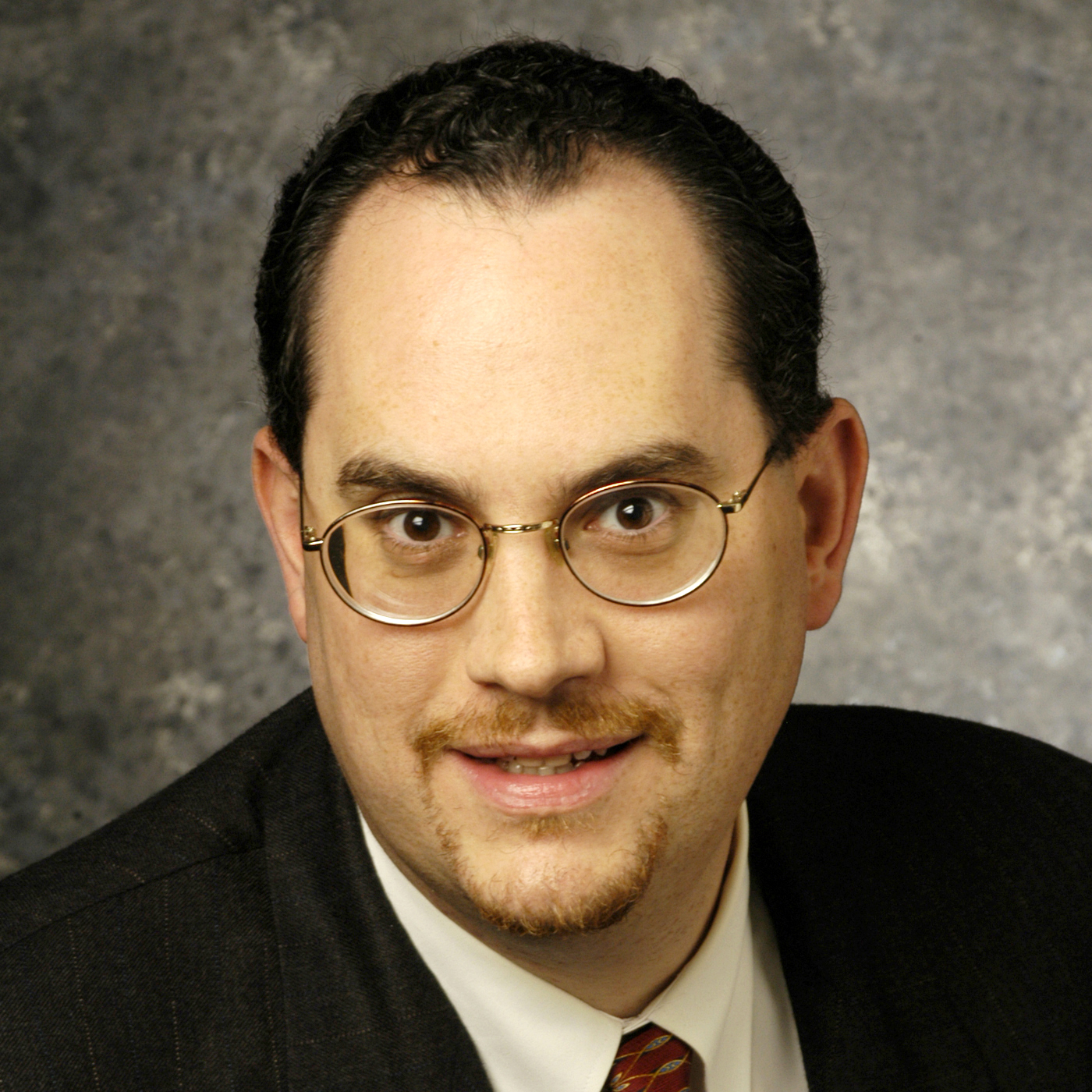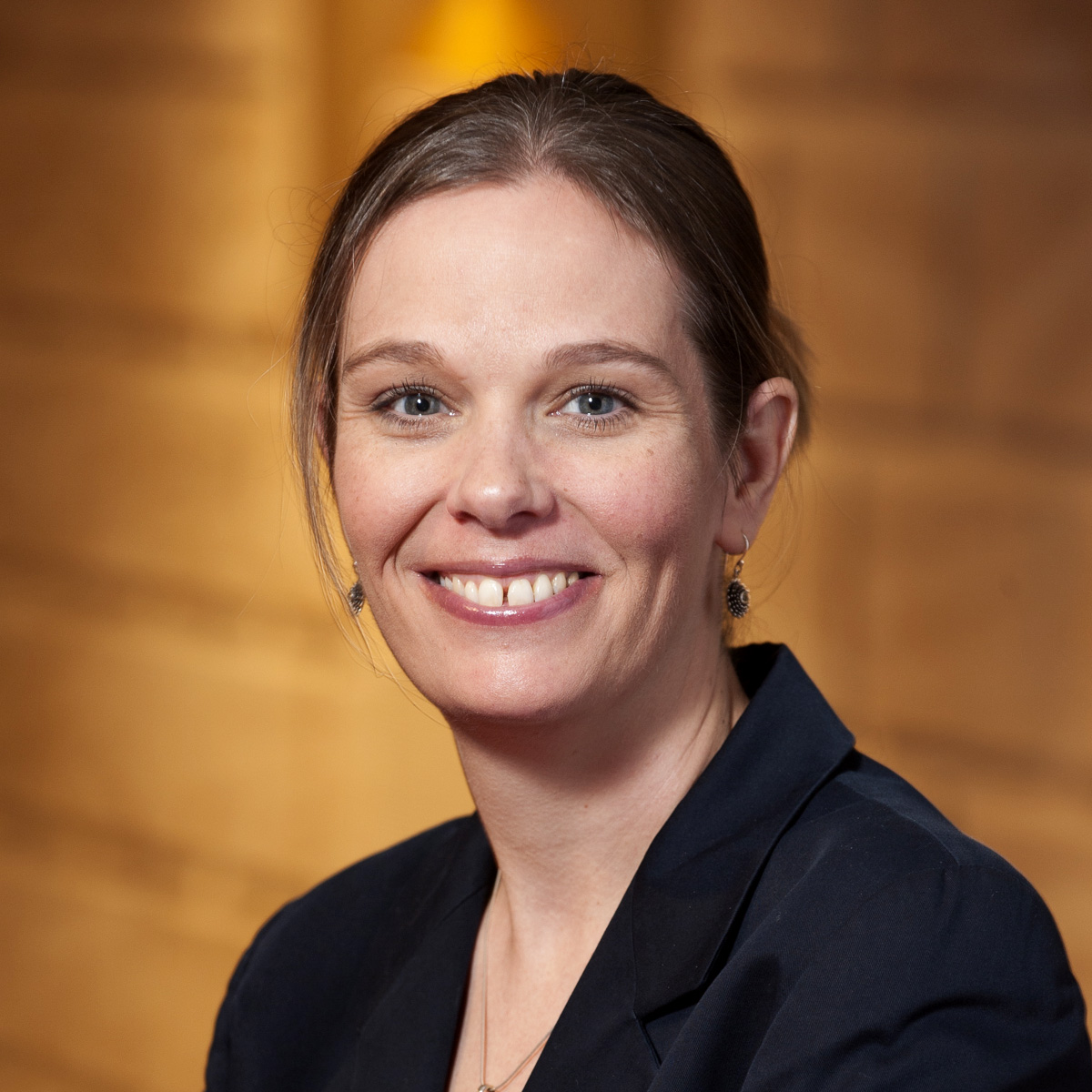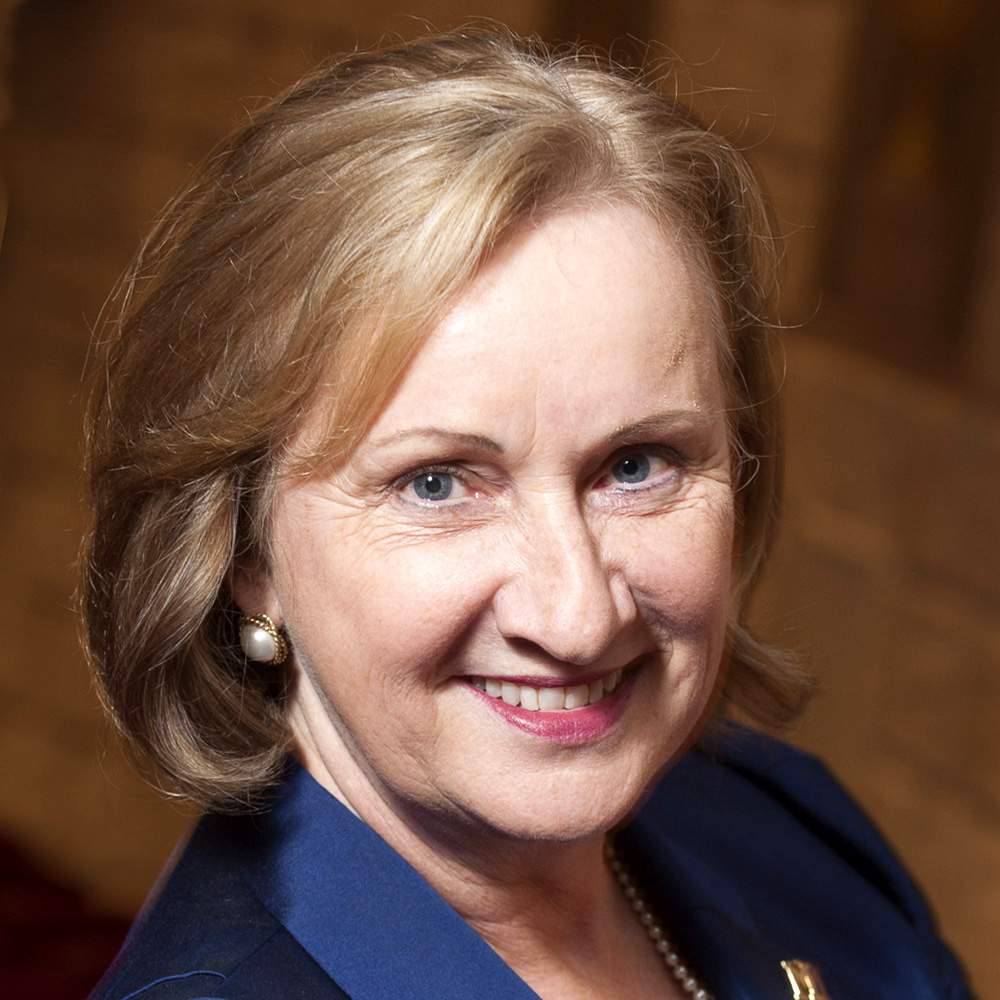Polls, protest candidates & undecided voters, oh my!
SMU experts are available for interview on all things related to the current state of the presidential race.
DALLAS (SMU) – SMU experts are available for interview on all things related to the current state of the presidential race. A full list of available faculty and their areas of expertise is available here.
FORGET WHAT THE POLLS SAY, WATCH WHAT THE CAMPAIGNS DO

jaengel@mail.smu.edu
The initial post-convention polls from this past week show Hillary Clinton holding a significant advantage over Donald Trump. However, more instructive than the polls, says Engel, are the actions the campaigns are taking.
“The most significant piece of news I’ve heard in recent weeks is that the Clinton people are pulling out of Virginia and Colorado,” Engel says. “If Clinton people are feeling so confident about their internal polling numbers that they are looking at swing states, pulling out personal, and placing those states in the ‘safe’ column, that’s a reliable show of their confidence and that’s the poll I trust.”
National polls just don’t bring significant value, says Engel.
“I have to believe the campaigns’ polls are much more accurate than the broad national polls, because they’re more focused,” Engel says. “National polls are scatter-shots of the national mood, which is basically good for talk show fodder, but useless as predicators of elections.”
Engel is director of the SMU Center for Presidential History. He can discuss:
- comparisons to past presidential races
- foreign policy
- presidential rhetoric
ONCE THE ‘PROTEST-VOTE’ CANDIDATE, TRUMP NOW HAS A PROTEST-VOTE ANTAGONIST

jmwilson@smu.edu
The long-simmering never-Trump movement found its man Monday morning when Evan McMullin opened his bid for the presidency. It’s still unclear how many states will have McMullin’s name on the ballot, but what’s apparent is that Trump, widely viewed as a protest-vote candidate during the Republican primary season, now faces a protest-vote rival in the general election.
“McMullin has no chance to be president,” Wilson says. “All he does is hurt Trump and give people who don’t like Trump a vehicle for voting for a conservative candidate.”
He also might provide a vessel for Republicans hoping to shore up votes for down-ballot candidates.
“The fact he’s not a known name means his ultimate support may be pretty negligible, so it won’t have much of an effect on the overall fallout,” Wilson says. “But for close, down-ballot races he could bring some disaffected Republicans to the polls who otherwise might have sat this election out.”
McMullin also hurts the Libertarian party’s Gary Johnson, who has tried to portray himself as the logical choice for disaffected Republican voters.
“Johnson was viewed as the chief vehicle for never-Trump Republicans, someone who could qualify the Libertarian party for federal matching funds in 2020 and maybe even someone who could reach the presidential debate stage this fall,” Wilson says. “McMullin hurts that.”
Wilson is an SMU associate professor of Political Science. He can discuss:
- religion and politics
- political psychology
- voting behavior of religious voters
- public opinion and politics
CLINTON’S POSITION STRONG, BUT FUTURE EVENTS UNPREDICTABLE

samartin@mail.smu.edu
What do Hurricane Sandy and the 2008 financial crash have in common? They were unpredictable events that struck in the final months of presidential election campaigns, impacting the results of the elections that followed them.
They also should be Clinton’s primary reason for being afraid of the months ahead, says Martin.
“I’d rather be in Clinton’s position than Trump’s right now, but this is an election that’s hard to predict and will remain so until November,” Martin says. “We have no idea what external events could happen. What might ISIS do? What if the economy remains sluggish? All the structural factors – incumbency, sluggish economic growth, people feeling left out of the process, people not liking Clinton – all these things remain obstacles to Clinton.”
There is one additional cause for concern in the Clinton camp: “If something is happening in the electorate the campaign isn’t picking up,” Martin says. “We are a year into the Trump candidacy and still nobody can explain how it happened.”
“In a way, the Clinton campaign is brick and mortar and Trump is Amazon.com,” Martin says. “Nobody thought Amazon would become the behemoth it did, and that’s what should worry Clinton.”
Martin is an SMU assistant professor of Communication Studies in the Meadows School of the Arts. She can discuss:
- economic messages in political campaigns
- presidential campaign strategy
- religious voters and evangelical social movements
A NEW BREED OF UNDECIDED VOTERS

rkirk@smu.edu
For decades, voters who remained undecided in the final months of presidential elections had one trait in common, Kirk says: they described themselves as independents.
This fall, that’s out the window.
“This year we have two new groups of undecided voters,” Kirk says. “One group is Republican voters who can’t quite stomach Trump, but they also don’t want to vote for Clinton, and Clinton is similarly dealing with disaffected Democrats who aren’t hot on her candidacy, but sure don’t want to vote for Trump. The sizes of those two groups are significant in this election.”
Kirk is SMU professor of communication studies and director of the Maguire Center for Ethics & Public Responsibility. She can discuss:
- sound bite substance
- undecided voters
- presidential debates
- the use of second screens and social media in politics
- political communications
###
21812-nr-8/9/16-kr